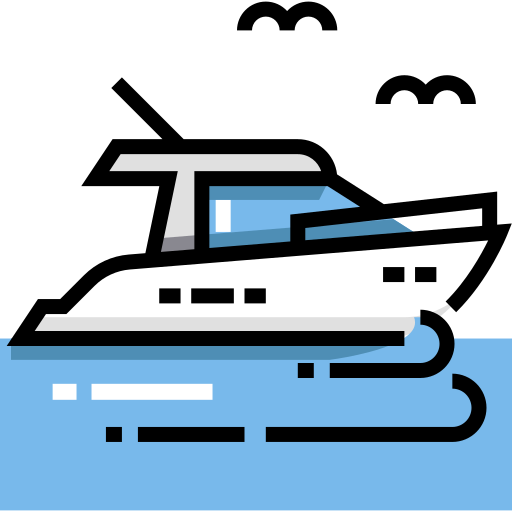Environmental Impact of Yacht Ownership: What You Should Know
Yacht ownership is often associated with leisure, luxury, and personal freedom. However, as environmental awareness increases, it is imperative to consider the ecological footprint associated with yacht ownership. The environmental impacts range from resource consumption and pollution to ecosystem disruption, illustrating the need for informed decision-making among yacht owners.
Resource Consumption
The construction and maintenance of yachts consume a significant amount of resources. Yachts are typically built from materials such as fiberglass, aluminum, or steel, all of which require extensive mining, processing, and manufacturing. The production of fiberglass, for instance, involves the use of petroleum-based products, which has a substantial carbon footprint. Additionally, yachts often require considerable amounts of energy for operation, including fuel for engines and electricity for onboard amenities.
Fuel Consumption and Emissions
Many yachts are powered by diesel engines, which can contribute to air and water pollution. The combustion of diesel fuels releases greenhouse gases such as carbon dioxide (CO2) and particulate matter, adversely affecting air quality. To quantify the impact, a typical 50-foot diesel yacht can consume approximately 5 to 20 gallons of fuel per hour, depending on speed and conditions. Over a season, this can lead to significant CO2 emissions, similar to those produced by a car driven for thousands of miles.
| Yacht Size (Feet) | Fuel Consumption (Gallons per Hour) | CO2 Emissions (Tons per Season) |
|---|---|---|
| 30 | 3-5 | 1-2 |
| 50 | 5-20 | 2-8 |
| 70 | 15-25 | 8-12 |
Water Pollution
Yachts also have the potential to negatively impact marine environments through water pollution. Discharge from holding tanks, wastewater, and oil spills can contaminate water and harm aquatic life. Inadequate management of waste disposal practices can lead to the release of harmful substances into pristine water bodies. It is estimated that recreational boating contributes significantly to coastal pollution, necessitating proper waste management systems and adherence to regulations.
Noise Pollution
The operation of yachts can generate considerable noise pollution, particularly in marine environments. Engine sounds, wake turbulence, and other operational noises can disrupt marine wildlife behavior, especially in sensitive habitats. Species such as dolphins and whales rely on sound for communication, navigation, and foraging; disturbances can lead to changes in their migration patterns and breeding success.
Impact on Ecosystems
Yacht ownership can lead to habitat destruction, particularly in shallow coastal areas where anchoring occurs. Anchor damage can uproot seagrass beds and coral reefs, both of which are crucial for maintaining biodiversity. Additionally, the introduction of invasive species via yacht hulls can threaten local flora and fauna. Studies have shown that recreational boating can facilitate the spread of non-native species, resulting in long-term ecological consequences.
Mitigation Strategies
For environmentally conscious yacht owners, several strategies can mitigate the negative impacts of yacht ownership:
- Choosing Eco-Friendly Materials: Opt for yachts constructed from sustainable materials and those that prioritize energy efficiency in design.
- Utilizing Alternative Fuels: Consider yachts powered by cleaner energy sources, such as electric motors or hybrid engines, which reduce both emissions and noise pollution.
- Implementing Waste Management Best Practices: Employ advanced waste disposal systems and ensure adherence to local regulations for waste management.
- Adopting Sustainable Navigation Practices: Limit engine use in sensitive habitats and avoid anchoring in vulnerable areas to preserve marine ecosystems.
Conclusion
Understanding the environmental impacts of yacht ownership is crucial for current and aspiring yacht owners. By becoming aware of the ecological footprint associated with boating activities and implementing sustainable practices, owners can help to mitigate damage to marine ecosystems. It is essential to foster a culture of responsibility within the yachting community, ensuring the preservation of our oceans for future generations.
